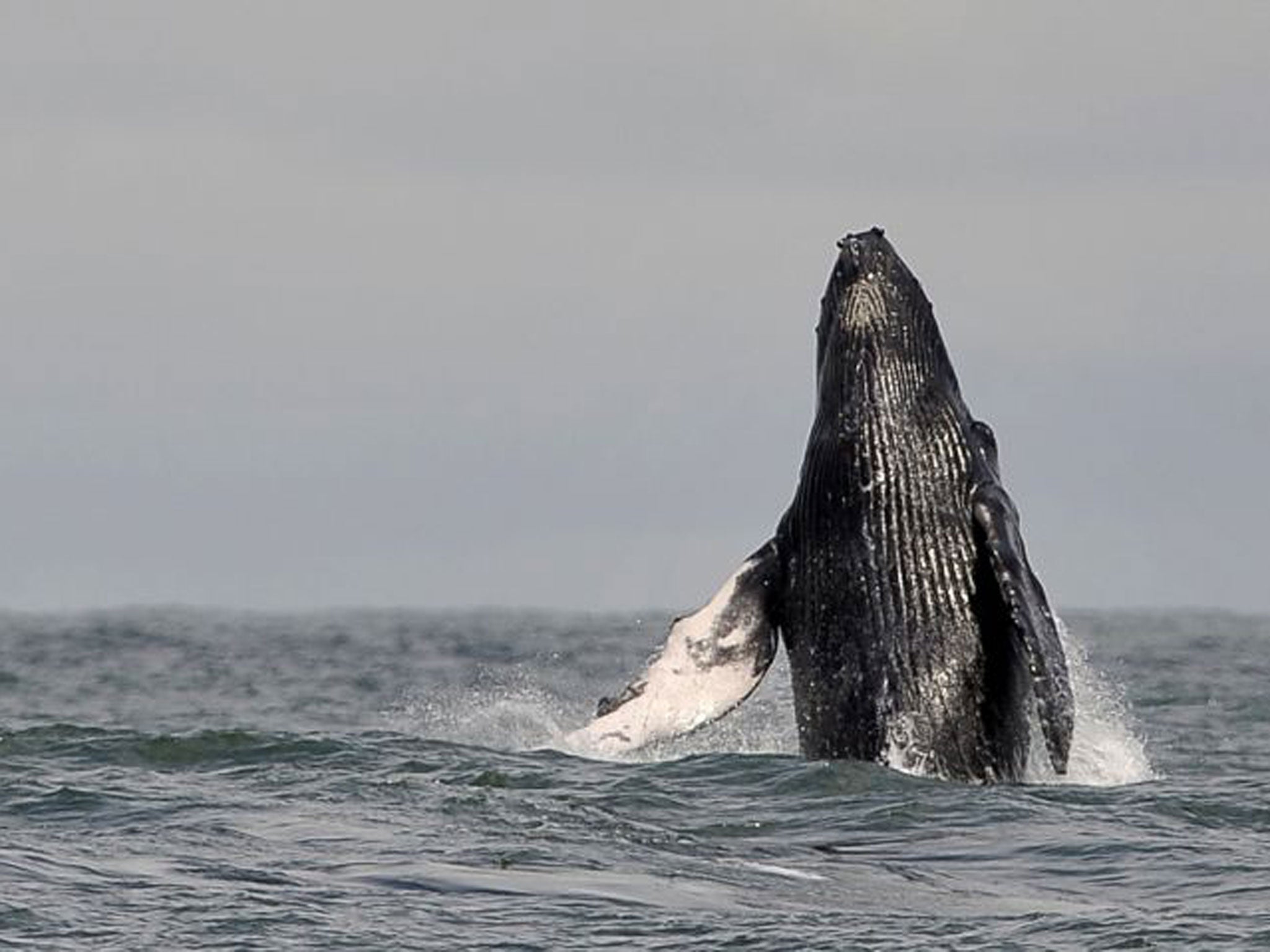Your support helps us to tell the story
From reproductive rights to climate change to Big Tech, The Independent is on the ground when the story is developing. Whether it's investigating the financials of Elon Musk's pro-Trump PAC or producing our latest documentary, 'The A Word', which shines a light on the American women fighting for reproductive rights, we know how important it is to parse out the facts from the messaging.
At such a critical moment in US history, we need reporters on the ground. Your donation allows us to keep sending journalists to speak to both sides of the story.
The Independent is trusted by Americans across the entire political spectrum. And unlike many other quality news outlets, we choose not to lock Americans out of our reporting and analysis with paywalls. We believe quality journalism should be available to everyone, paid for by those who can afford it.
Your support makes all the difference.Chocó department, on Colombia’s Pacific coast, is one of the wettest places on Earth. It rains all the time. The small group that I was with was visiting a community tourism project, Mano Cambiada, based in the town of Nuquí. The warning that, on the boat journey to Mano Cambiada’s lodge, we might get wet was an understatement. A little short of two hours in, in our small boat on the open sea, we were drenched to the skin.
The lodge, on the shore of an inlet in the Utría national park, is in the most beautiful location, with jungle behind and, on the peninsula that shelters it from the Pacific, a dusky sand beach and calm warm waters.
The lodge itself is comfortable, with excellent food. The staff, park and project officers are Afro-Colombians with un-Colombian names such as Lincoln, Wellington and Robert. Theirs is the poorest community in the country, not recognised as an ethnic group until 1991. Their welcome is the best you could receive anywhere.
From July to October, the Chocó coast hosts migrating birds, turtles and humpback whales, whose presence is celebrated every September in Nuquí by a Fiesta de la Migración. Needless to say, we were very keen to see whales, which can appear anywhere, even in the inlet in front of the lodge, but we saw none.
Josefina, the leader of Mano Cambiada, who has been an activist on behalf of her people for 22 years, said she had not seen a whale, but one night she realised that in a previous life she had been a Japanese woman. She asked for forgiveness for any wrongdoing she might have done in that life and immediately saw herself in the sea with the whales singing to her. Thereafter she sees whales all the time.
No such dreams or prayers gave us foreigners a sight of the whales. But on the last morning, as we stood on the beach waiting for the boat to Nuquí, the lodge’s cook came up to me and said: “I know you will see whales this morning.” And she was right. With a calm sea and the sun almost shining, we saw a mother whale and her calf gliding before the rocky, forested islets.

Join our commenting forum
Join thought-provoking conversations, follow other Independent readers and see their replies
Comments